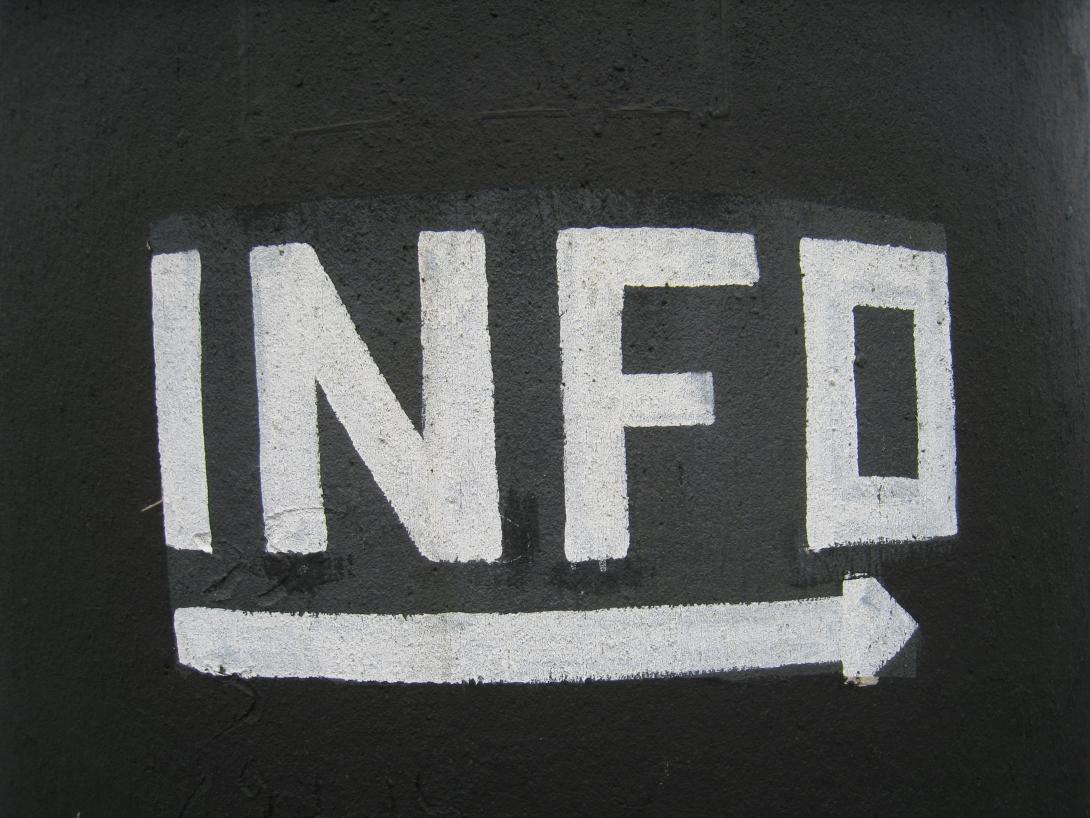Degree class LM-29 - Master degrees in electrical engineering
automatically translated page
The Master Degree program is designed to provide advanced skills required for professionals able of working from the single component level up to the most complex systems.
The program is organized on two paths (curricula):
- IES - Intelligent Electronic Systems oriented to the processing and transmission of information where the student will acquire skills in the field of micro and nanoelectronics, photonics, sensing, embedded systems and intelligent processing;
- APE- Advanced Power Electronics oriented to power generation and control where the student will acquire skills in the field of wide band gap semiconductor devices, power electronics, embedded systems, electric drives, systems for efficient energy storage and conversion.
Thanks to the two curricula, their structuring, and a large number of free-choice credits (up to 30), the program is highly multidisciplinary and flexible and it allows a training in tune with the continuous evolution of technology.
An important experimental or design activity is planned as final test also in collaboration with international companies and research centers. There is therefore the possibility of getting into contact with a world that has no borders! The preparation of our students is known for its high quality: many of our graduates now work for major companies and research centers in Italy, Europe and the United States all characterized by high innovation in sectors such as: automation, automotive, manufacturing, microelectronics, electronics
design, and telecommunications.
The Master Degree Program in Electronics Engineering is open-access; however, some entry requirements must be met (for details see the “Ammissione” section at the bottom of this page or the Call for Application).


The membership of Course of Study (CdS) Councils is defined annually on the basis of prevailing teaching loads.
Each Council is assisted in designing and/or revising the Educational Offerings by a Steering Committee, which meets at least once a year.
The Master Degree Course Program in Electronics Engineering is open-access; however, some entry requirements must be met (for details see the Call for Application):
- Bachelor degree grade higher than
- 85/110 for Degrees awarded by Italian Universities
- higher than 3/4 of the maximum score for Degrees awarded by non-Italian Universities
- Level B2 (Common European Framework of Reference) language certificate
Please carefully check the deadlines specified in the Call for Application.
Regulation in force for the students enrolled in (coorte) 2023.
The regulation for students enrolled in (coorte) 2024 is being drafted and will be published shortly.
The Master Degree Program in Electronics Engineering - Electronic Engineering has established the requirement for the completion of a study plan by all students enrolled in the current 2nd year. The submission of the plan of studies takes place indicatively from November 15 to January 30 (dates are to be confirmed each year). Compilation is not expected in the I year.
As a rule, the compilation must be done via WEB on Esse3, item "Career Plan" and only in special cases in paper form using the appropriate form distributed at the Engineering Student Secretariat (Via Campi 213/b).
Please note that a student who has not completed his or her study plan in the prescribed period will be assigned a mandatory standard-statutory study plan that will become his or her actual plan.
Standard-statutory plan for the cohort* of students matriculated in 2019/2020, 2020/2021 and 2021/2022.
The study plan provides 15 cfu free choice.
A student who has not completed his or her study plan within the stipulated period is assigned a standard-statutory study plan, which becomes his or her compulsory plan, and has assigned: Networking Infrastructure Technologies and Traineeship to saturate the stipulated choices.
CURRICULUM CHARACTERISTICS - ACTIVE COHORTS*.
Students enrolled cohorts* 2019, 2020 and 2022
The curriculum includes:
- 15 cfu free choice;
TECHNICAL INFORMATION ON ONLINE COMPILATION
Filling out the plan on lineprovides two alternatives for completion, which can be viewed once you enter the Esse3 personal area, under Career Plan:
1) an "APPR" study plan scheme, whereby the completed plan is automatically approved: this scheme provides only the courses offered by the Master Degree in Electronics Engineering, together with teachings offered in other Courses of Study/Departments: attached is a document indicating the possible alternative choices already approved by the Board of Studies.
2) a "PROP " study plan scheme, which must then be evaluated by the Course Council and must only be chosen by:
- students transferring from another Degree Course/University who have had optional examinations officially approved by the previous Course Council and already included whitin the digital student record. Only in the event that the approved optional examinations have not yet been included within the digital student record or if the validation request has not yet been made, the study plan must be completed using the special paper form available at the Student Secretariat in via Campi 213/b, to be returned before the deadline during office opening hours;
- students who have passed optional examinations during an Erasmus period that have already been officially approved by the Course Council and included within the digital student record ;
- students who wish to take extra-syllabus examinations, after having asked the Student secretariat to include the teaching activity within the digital student record; it is advisable, if one intends to take extra-syllabus examinations, to obtain prior information from the President of the Degree Course, in order to avoid incurring non-approval, which would lead, if the extra-syllabus examinations have already been taken, to NOT being able to consider them in one's career (since they will be considered supernumerary) and will not be part of the number of CFUs needed to obtain the degree, with the consequent need to take further examinations.
Plans in PROP status will be evaluated by the Course Council after the deadline for compiling plans.
The student will be contacted if the plan is rejected for re-completion:
- Course Chair: for information regarding the choice of extra manifest exams;
- Educational Coordination and Student Secretary's Office: for technical information on filling out the curriculum.
This document explains the final coursework test for students enrolled in courses under DM270/04 and describes the procedure to be followed in order to be admitted.
The final examination is public and consists of the discussion of a written thesis, written in an original way by the student under the guidance of a faculty advisor (in English for students from the 2012 cohort onward). Specifically, the final examination consists of:
in the presentation and discussion of a paper/project, usually including an experimental and laboratory part, developed under the supervision of a lecturer/speaker, including at external industries, companies or institutions, on the basis of appropriate agreement.
Students, after passing all compulsory first-year exams or 75 CFUs, request the thesis topic assignment from the supervisor.
Students are not bound to choose a title on this list. This list is continually updated and modified as directed by faculty.
The Examination Committee evaluates the final examination and, in the event of a passing grade, awards a full mark from 0 to 7 hundredths for the final examination, taking into account the quality of the work done and the expository ability demonstrated. No additional points are provided.
Tutoring, in compliance with the provisions of Article 13 of Law 341/90, is a service aimed at assisting students enrolled in the university throughout their studies, removing obstacles to fruitful course attendance and encouraging active participation in university life.
The tutor lecturer is a point of reference to whom one can turn for advice, receive help in fitting into one's course of study, and get all forms of assistance aimed at making college studies more effective and productive.
The tutor teacher in particular can provide methodological-didactic support aimed at overcoming learning-related difficulties (e.g., preparing for an exam, relating the contents of different disciplines, clarifying doubts about study subjects) or can directly contact students in difficulty to propose support actions arranged by the University.
No mandatory propaedeuticity.
You can find the Degree Course documents about the Quality Assurance at the link below.


